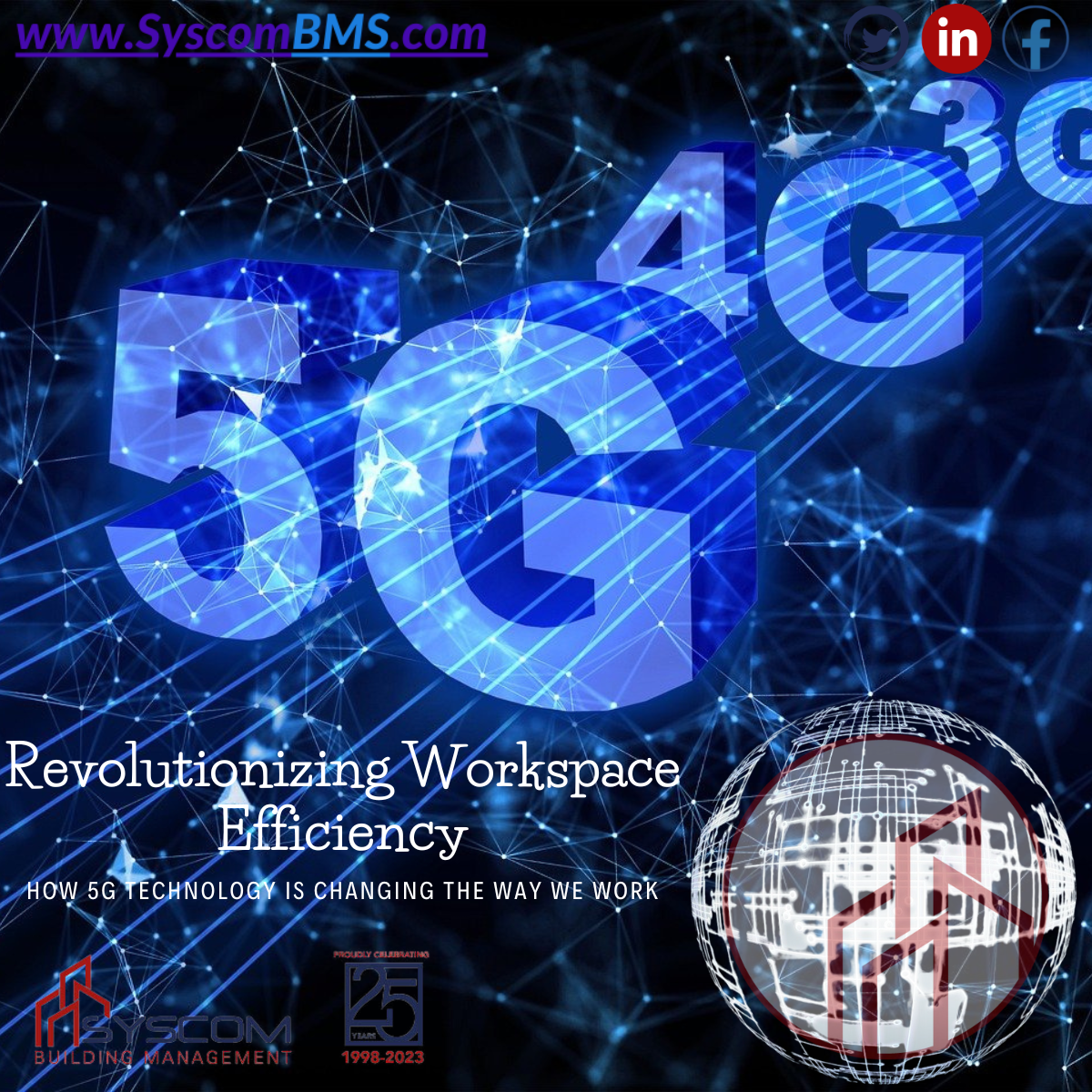
The Evolution of Building Management Systems
Intro
Building Management Systems (BMS) have been around for decades, but the advancements in technology have drastically changed the way they operate and function. In the past, BMS were limited to basic tasks such as controlling the temperature and lighting. However, with the introduction of smart systems, BMS are now capable of managing a wide range of systems such as HVAC, security, and access control. This shift has revolutionized the way buildings are managed by improving efficiency, reducing energy costs, and providing greater control over building operations. In this blog post, we’ll explore the evolution of building management systems and the impact they’ve had on the world of facilities management.
From Simple Controls to Smart Solutions
The evolution of building management systems has transformed the industry from simple controls to smart solutions. The advent of advanced technologies such as artificial intelligence, machine learning, and the internet of things has revolutionized building management systems by offering unprecedented levels of control, comfort, and efficiency. With the growing complexity of modern buildings, integrating multiple systems into a single management platform has become more critical than ever. However, ensuring the integrity of these systems is equally important. A minor error can lead to significant consequences in terms of safety, security, and functionality. Therefore, building management system providers need to ensure that their products maintain high levels of security and reliability through regular updates, testing, and monitoring. By doing so, they can deliver reliable and robust systems that meet the ever-changing demands of modern buildings.
In conclusion, auto building management systems provide many advantages. Not only do they optimize energy consumption, but they also improve occupant comfort and reduce maintenance costs. By consolidating data from multiple building systems, these smart solutions can be a great tool for sustainability, efficiency, and cost management.
Benefits of Smart Building Management Systems
Smart building management systems provide various benefits to building owners and operators. While improving energy efficiency, these systems offer cost savings by reducing the energy consumption and optimizing the building’s operations. Another crucial advantage of these systems is the ability to maintain the integrity of the building’s infrastructure and machinery. The system ensures that all equipment and facilities are working as intended, and regular maintenance checks can be conducted efficiently. Additionally, smart building management systems use real-time data to detect any issues, allowing for quicker repairs and minimizing downtime. Therefore, these systems not only improve energy efficiency and reduce costs but also ensure the integrity and smooth functioning of the building’s operations.
Next, building management systems offer a unique advantage in that they provide real-time and actionable data on both building performance and occupant behavior. By leveraging this auto-collected data, facility managers can make more informed decisions to proactively maintain their entire ecosystem. This has the overall effect of increasing efficiency, reducing energy costs, and optimizing tenant comfort.

Sustainable Solutions for Building Management Systems
Utilizing energy-efficient lighting and HVAC systems can significantly decrease a building’s energy consumption, leading to both cost savings and reduced environmental impact. However, ensuring that these systems are functioning efficiently is just as crucial as installing them. Building Management Systems (BMS) is an advanced solution that allows facility managers to automate, monitor, and control HVAC, lighting, power, and security systems in commercial buildings, enabling them to optimize operations, reduce energy usage, and ultimately achieve cost savings. A trustworthy BMS can alert facility managers of any issues that arise and respond to them automatically. Furthermore, BMS can collect data and provide insights into patterns of energy usage, enabling building owners to make informed decisions about resource allocation.
The integration of renewable energy sources, such as solar panels or wind turbines, into a building’s electrical grid can further decrease reliance on non-renewable sources. However, the efficient integration of these systems is critical to ensure that building management is not compromised. Building management systems (BMS) are software-based systems that monitor and manage a building’s energy usage, including HVAC, lighting, and electrical systems. A well-designed BMS can integrate renewable energy sources with a building’s existing infrastructure, maximizing energy efficiency and cost savings. By utilizing system algorithms, BMS can track energy consumption patterns and make real-time adjustments to minimize energy waste. Therefore, the successful integration of renewable energy sources is best achieved through a well-designed building management system.

Finally, building management systems offer tremendous potential for reducing energy costs and improving the efficiency of automation systems. By adopting smart building automation technology, organizations can optimize energy usage by allowing for real-time adjustments to heating, cooling and lighting based on occupancy levels and other factors. With this type of technology in place, organizations can benefit from improved safety, workflow productivity and cost-savings from reduced energy consumption.
Automation for Streamlining Efficiency and Performance in BMS Systems
Automation can greatly benefit Building Management Systems by improving efficiency without compromising on integrity. By automating tedious tasks such as data collection and analysis, this technology can eliminate the potential for human error. In addition, automation allows for quicker decision-making which is crucial in building management systems where timely response to issues such as safety hazards and equipment failures can be the difference between a minor fix and a major repair. Ensuring the integrity of building systems is of paramount importance and automation can provide that security while also increasing efficiency.
Finally, building management systems with automation integration are a reliable and trustworthy way for building owners and managers to not only monitor energy usage but also optimize system performance. This approach can lead to significant cost savings and improved sustainability, resulting in a reduced environmental impact.

The Future of Building Management Systems
The Future of Building Management Systems is rather promising, thanks largely to the rise of Artificial Intelligence (AI) and the Internet of Things (IoT). AI and IoT are changing the face of building management systems by streamlining the management process and making it more efficient. With AI, buildings can make decisions and take actions based on real-time data, which results in optimal performance of the system. Facilities management is rapidly evolving as a result of technological advancements, and given the benefits that they bring for owners and managers, the integration of these technologies is expected to continue at an accelerated pace. These technologies can improve building systems from lighting to HVAC and beyond, making it possible to optimize energy usage, reduce costs, enhance tenant comfort and safety, and more. Therefore, we can expect that AI and IoT will continue to lead the way towards more effective and efficient building management in the future.
Similarly, as Building Management Systems become more prevalent across the industry, data security must be taken into account to ensure the safety of company information. Cybersecurity is a critical component of protecting sensitive data, and organizations should take all necessary steps to increase firewalls and enforced protections around any systems connected to a building management system. A comprehensive security plan can help mitigate potential risks posed by hackers and other malicious actors.
Conclusion
In conclusion, building management systems have come a long way in helping us manage our buildings effectively. As we continue to embrace this technology, it is important to prioritize data security to safeguard our sensitive company information. With the rise of cyber attacks and other malicious activities, it is crucial that we take all necessary steps to increase firewalls and enforced protections around any systems linked to building management. Let’s work together to ensure that our buildings stay secure and efficient for years to come!




